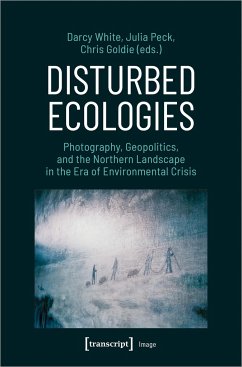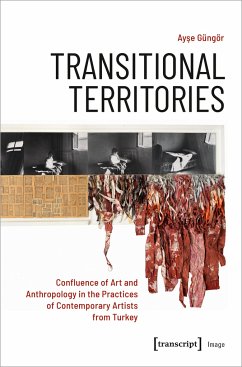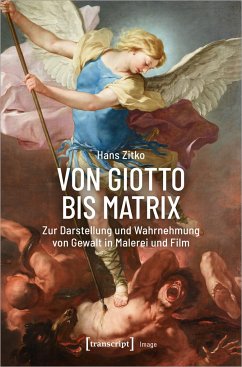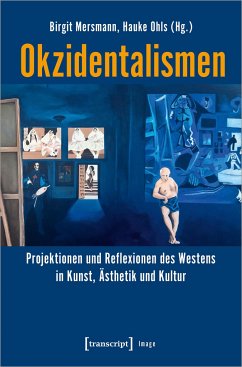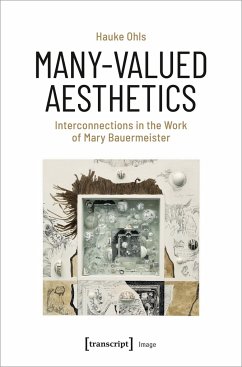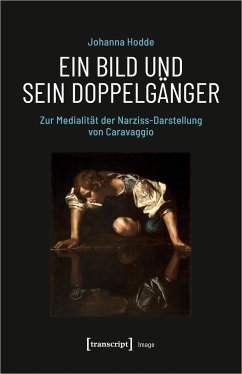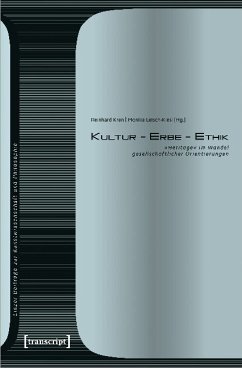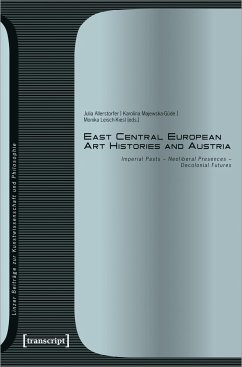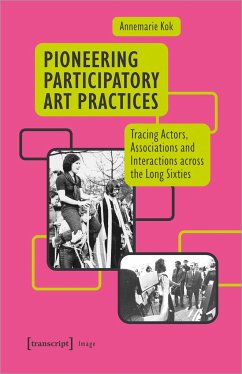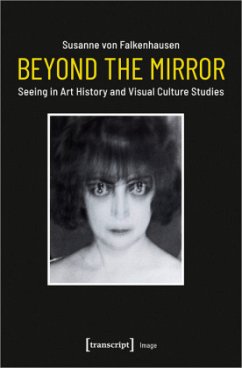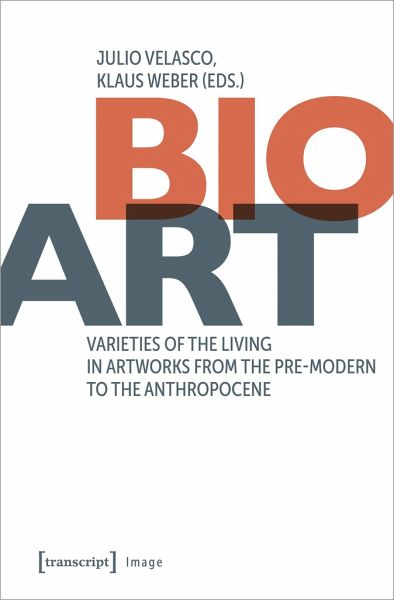
Bio-Art
Varieties of the Living in Artworks from the Pre-modern to the Anthropocene
Herausgegeben: Velasco, Julio; Weber, Klaus;Mitarbeit: Röckenhaus, Kordula
Versandkostenfrei!
Sofort lieferbar
27,99 €
inkl. MwSt.

PAYBACK Punkte
14 °P sammeln!
In the face of climate change, the destruction of biodiversity or genetic experimentation, Bio Art appears as a form that is most directly grappling with the problems of the »Anthropocene«. It develops many different approaches and explores a variety of mediums, often related to scientific research, creating art that uses plants, insects, mammals, bacteria, bird songs, forest sounds, or genetic modification. Bio Art's uniqueness comes from incorporating, rather than just representing the living in a diverse range of artworks. In discussing such works from various world regions and time perio...
In the face of climate change, the destruction of biodiversity or genetic experimentation, Bio Art appears as a form that is most directly grappling with the problems of the »Anthropocene«. It develops many different approaches and explores a variety of mediums, often related to scientific research, creating art that uses plants, insects, mammals, bacteria, bird songs, forest sounds, or genetic modification. Bio Art's uniqueness comes from incorporating, rather than just representing the living in a diverse range of artworks. In discussing such works from various world regions and time periods, the contributors address the divide between human and non-human animals, between »culture« and »nature«.



